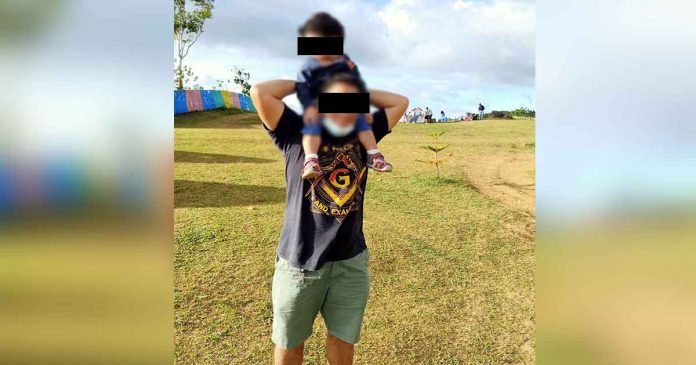
BY AIZA DELA CRUZ
FATHER’S Day is coming, and I would like to recognize the efforts of all fathers, especially that of my husband, who continues to help me become a better mother and wife. I would share some of the many roles he plays to help our autistic son.
The father
My husband wanted to be a father. When we were blessed with a child, he did his best to prepare for the birth, such as shopping for maternity clothes and baby clothes, since I was on bed rest for most of my pregnancy. When our son was born, he was eager to learn and helped with taking care of the baby. He changed the diapers filled with poop, washed clothes and linens, put the baby to sleep, washed the used milk bottles, helped me pump my breasts for milk, and bathed the baby, among many things. He was a very involved father.
When our son was diagnosed, he was emotionally affected and even blamed himself and his genes, saying it must be his genes’ fault for making our son autistic. We got through our emotional struggles, and it positively impacted him to work for a better future for our son.
He was receptive to learn about autism and how to deal with our son. He listened to the advice of our doctors, therapists, and mentors. He involved himself more in our son’s activities. He would often take time off from work to attend meetings, therapies, and lectures. He would also set a time to listen to me when he missed a lecture or seminar. He did all of these because he wanted to help our son adjust to the norms of society.
I remember my husband telling me he wanted to be a father who is involved in his son’s life. He wants that his son would have a very close relationship with him, talk intimately with him about dreams, secrets, and concerns and that they would go through life together.
The DAdvocate
My husband was the first who became an advocate for our autistic son. I only heard about this from him when we interviewed an organization that helps children on the spectrum with artistic abilities. It surprised me, but more than that, I saw him in a different light. From that day, I realized we were fulfilling different roles in our son’s life, that I cannot compare the work I do as a mother to the work he does as a father. I also realized that my husband was looking at everything from a bigger perspective. Thus, I also became an advocate in my way.
My husband started to advocate for autism in his family and his workplace. He explained to his family about our son’s autism and why it was necessary that I have to focus on our son and that we can’t just leave him to a nanny or a tutorial center. He tried to explain, as best as he could about autism to his co-workers. He told them not to pity our son as it is something not to be pitied upon but understood. He even taught them ways on how to deal with our son or if they encounter someone who is autistic.
He would bring our son to his work, and his co-workers would do their best to interact with our son. They became patient and understanding and would ask questions about the child. They then share their experiences of knowing someone they thought is autistic and even asked for advice from my husband.
When I asked my husband why he would go to such lengths, he answered that he wanted to create a safe and secure community for our son. And the best way to do it is by helping people around him understand autism and teaching them how to deal with an autistic. These people, in turn, will educate and teach people around them. Thus, creating a ripple effect.
The safe haven provider
Being the provider of our family, my husband tries to give everything and supports us. More than being a financial provider, my husband is a safe haven provider.
My husband sometimes jokes that although he can’t be Superman for us, he will be the “Super Chubby,” given his chubby physical disposition. Aside from protecting us from any harm, he wants to be a “safe place” for our son, especially when he is overwhelmed with emotions and having a meltdown. He wants our son to be emotionally open and be intimate with him.
Our son learned to lean on my husband, especially when I reprimand him. He would go to his father and cry in his arms and even tell on me. He would play pranks on his father and wrestle with him. He knows that with his father, he could do anything and soothe his father’s anger with a hug and kiss.
They are quite close that our son would often want to sleep and cuddle with his father. Even when he is asleep, our son would seek his father’s warmth and hug him. Our son subconsciously knows that he is safe in his father’s arms. My husband has succeeded in being our son’s safe haven.
My husband often tells me that he had a lot of imperfections and limitations, but he wants to be a father that our son would be proud of that’s why he always does his best.
I enjoin everyone to have more compassion and understanding for all children with different abilities.
I would also like to hear the experiences of other parents who have children on the autism spectrum. You may email me at genevieveaiza.delacruz@gmail.com. I am a member of the Autism Society Philippines (ASP), a national non-profit organization dedicated to the well-being of persons on the autism spectrum disorder./PN







